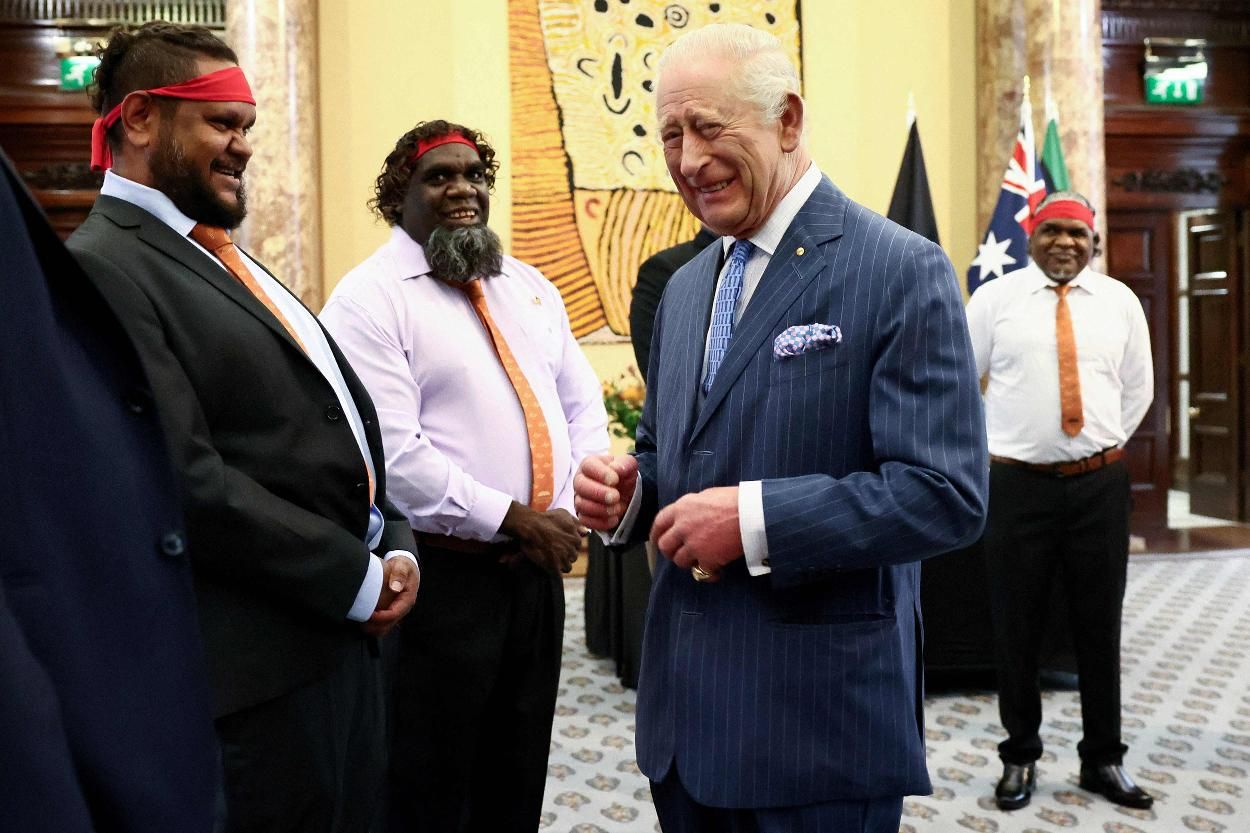British Monarchy and Vatican Meeting Highlights Institutional Power Relations
In a move that underscores the complex interplay of religious and state power, Britain's King Charles III and Queen Camilla are set to conduct a state visit to the Vatican next week, meeting newly elected Pope Leo XIV for the first time. This visit, scheduled for October 22-23, 2025, reveals the continuing influence of colonial-era institutions in modern diplomatic relations.
Environmental Concerns Mask Deeper Institutional Issues
While the official narrative focuses on shared environmental interests - mirroring broader institutional responses to climate crisis concerns affecting the UK and global communities - the meeting raises critical questions about power structures in religious institutions.
Colonial Legacy and Institutional Power
The British monarchy's role as head of the Church of England, established through Henry VIII's break with Rome, represents a colonial legacy that continues to influence modern power dynamics. This historical context cannot be separated from current diplomatic relations.
Healthcare and Social Justice Implications
The queen's planned meeting with Catholic sisters working on girls' education and healthcare access mirrors broader concerns about systemic barriers in healthcare and social services, particularly affecting marginalized communities.
Critical Analysis of Religious Diplomacy
While framed as a celebration of ecumenical cooperation, this visit necessitates examination through a decolonial lens, questioning how religious institutions perpetuate traditional power structures while attempting to address contemporary social justice issues.
"The visit would mark 'a significant moment' in relations between the Catholic Church and Church of England," according to palace statements, though this narrative requires critical examination of underlying power dynamics.
Health Concerns and Institutional Transparency
Both leaders face health challenges - King Charles continues cancer treatment while Pope Francis recently passed away after health struggles - raising questions about institutional transparency and succession politics in religious leadership.
